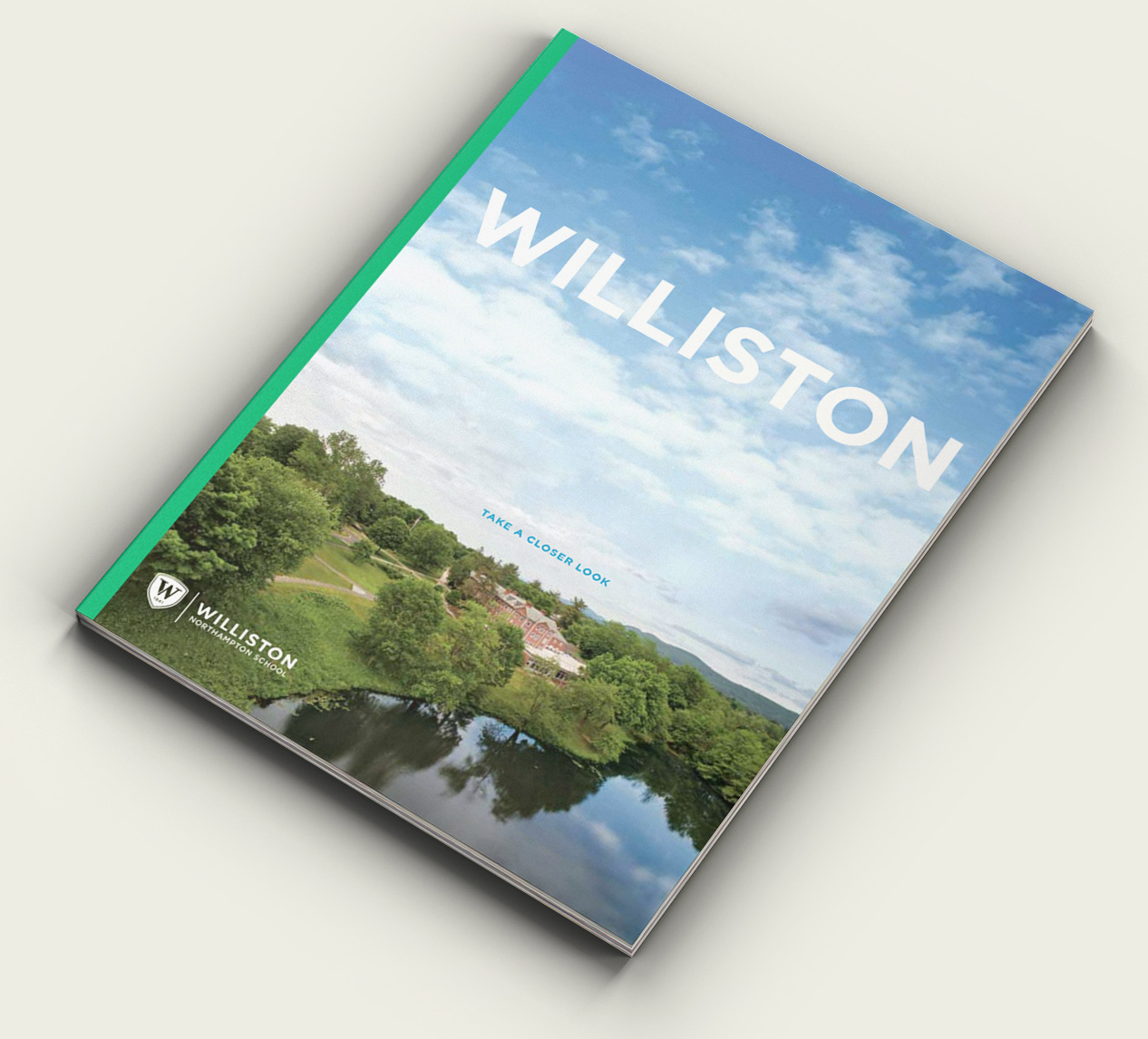Summer Reading and Coursework 2025
Below you’ll find all the information you will need to be prepared for your next academic year at Williston. Your grade level and specific course enrollment will determine which of these entries applies to you.
Please read and follow all the instructions carefully. We want you to perform at your best from the start of the year, and a thoughtful review of material and a thorough reading of the prescribed books will help you do that. We also have added some “Optional Departmental Recommendations” at the end of this page, and we hope you’ll read as many as you can.
These summer assignments are designed to introduce you to the material and ideas that you will be studying this year. The assignments are mandatory, so please complete the reading thoroughly, and approach the assignments with the care and interest that they deserve. Please work independently on all summer work, using only the required texts and materials. Any evidence of plagiarism or the sharing of answers will be subject to the same consequences as any other academic violation during the school year. In the first weeks of school, you should expect some sort of formal follow-up to the summer work, either a written assignment to be submitted, an in-class activity, or a quiz. These will be your first graded assignments of the new academic year, and they will form the first impressions for your teachers, so please do your best.
Have a great summer and we look forward to seeing you in September!
Purchasing Summer Text Books
To order summer text books, visit our bookseller, MBS books. Summer textbooks are also listed on the academic year book site which opens July 15.
Summer Reading & Coursework 2025
Click the name of a department to see the assigned summer reading and coursework:
Upper School
Middle School
Want to learn more about Williston?
Just fill out the short form below and we’ll get you started.

